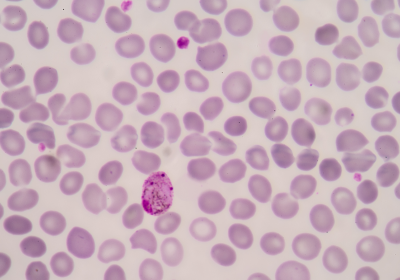RESIST2

Antimicrobial resistance is one of the greatest public health challenges of our time. To tackle this, we need to develop policies that optimally target our resources to reduce the clinical burden. In this workshop we will focus on how mathematical modelling can reduce the numbers of this endpoint - the patients infected with drug resistant bacteria.
We will be asking - where did these bacteria and resistance come from? Why this patient? What is the relevance of COVID-19? What is happening to the resistance in the bacterial population within the patient? What can we do to specifically prevent this happening again?
And of course, what don't we know and how can mathematical models specifically help?
Programme
- 09.15-09.30: Introduction
- 09.30-10.30: How did transmission to this patient happen?
-
The bacteria, or resistant strain, or resistance-conferring gene has somehow arrived to colonise this patient, likely being there for some time before causing the infection. Could we prevent infection by preventing the transmission to the patient? Can we estimate this impact or the size of transmission using mathematical modelling?
Chair
Speakers
- 10.45-11.45: What resistance evolution might have happened in this patient prior to and during infection?
-
What are the within-host dynamics before and during antibiotic exposure? what do we know about the dynamics of resistance movement and survival in these complex microbiomes that should inform mathematical models?
Chair
Speakers
- 11.45-12.15: Discussion
-
More details on the day
- 13.00-14.00: What interventions can we put in place to prevent such infections and treat them?
-
Combining the above information, can we use mathematical models to determine what would be the most effect intervention (infection prevention control/vaccine) or place to intervene in the drivers of resistance?
Chair
Speakers
- 14.15.-15.15: What progress have we made in using models for policy? How has COVID-19 affected this?
-
Since 2018, have we made any progress in understanding and using modelling for AMR policy? COVID-19 has affected AMR in many different ways. Are there lessons to be learnt for modelling AMR?
Chair
Speakers
- 15.15-16.00: Rapid talks and further discussion
-
Chair
Rapid talk
If you'd like to take part in the rapid talk session between 15.15-16.00, please contact Quentin Leclerc at quentin.leclerc@lshtm.ac.uk to register your interest. Please note that you will have three minutes to present your rapid talk.
Please note that the recording link will be listed on this page when available
Admission
Contact

